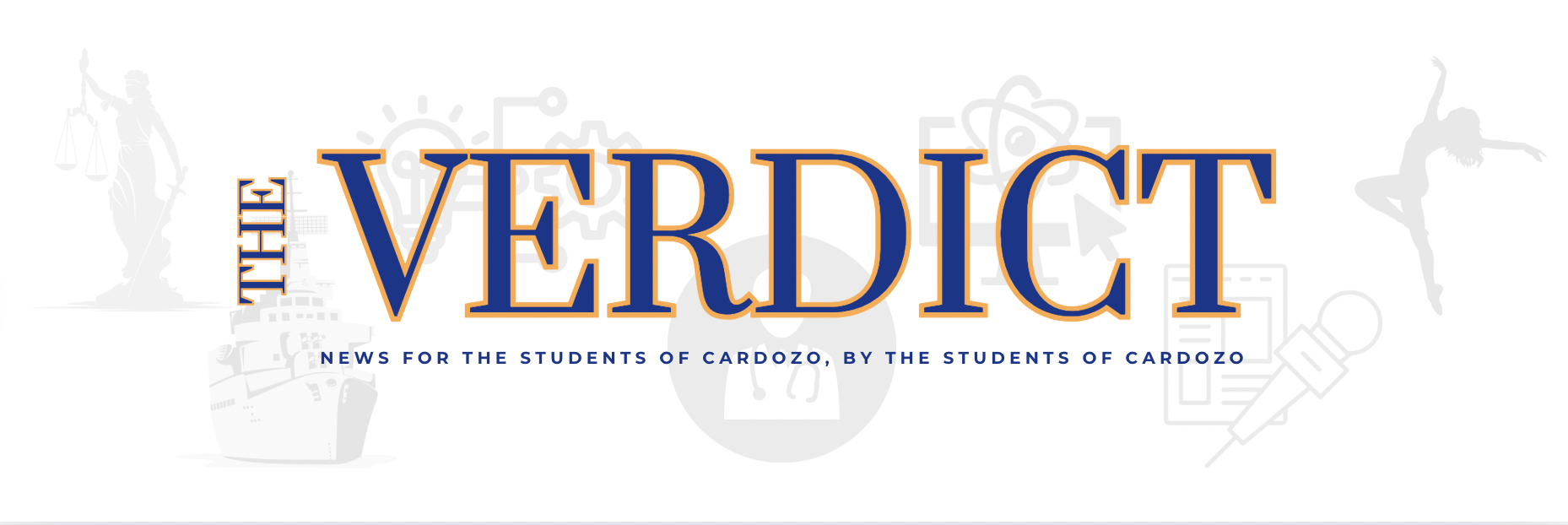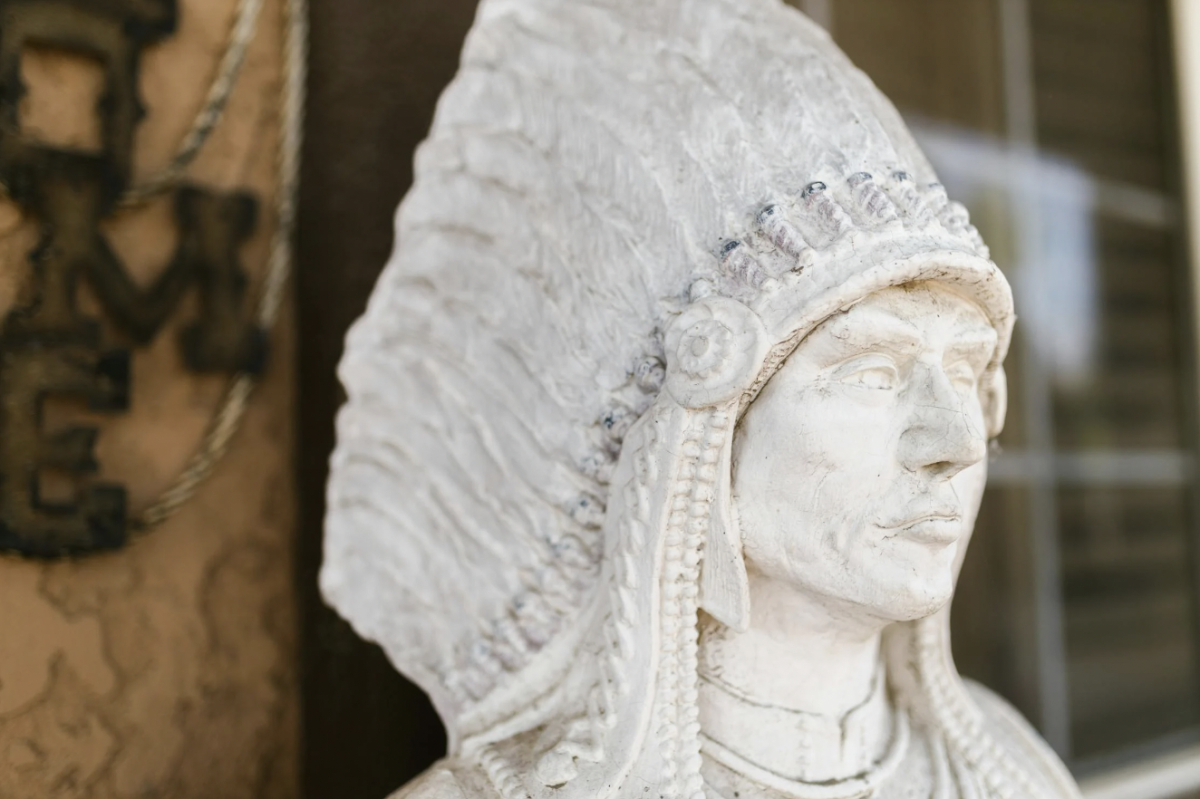Native American Heritage is celebrated in November, with all 30 days dedicated to recognizing and celebrating the deep, rich history of Native Americans. During this time, the achievements, contributions, and culture of Native Americans are celebrated throughout the United States.
This month was officially named in the U.S. in the year 1990, although not many know of its existence. The painful history of Native Americans is often overlooked, and it is important to recognize their complex roots in America long before the Pilgrims arrived.
At the hands of Europeans, Indigenous peoples endured centuries worth of hardships and cruelty. They have suffered through deadly viruses brought by Europeans, forced labor, extortion of land, discrimination, and so much more.
Native Americans are estimated to have lived in America for up to 20,000 years, according to The Atlantic.
People are able to know as much about these ancient cultures due to archaeological findings, such as pottery and stone tools. After Europeans arrived in North America, they began writing their personal accounts of Native Americans.
During the beginning years of the United States the tribes that were still left were forcibly relocated. It took many years for them to regain their land back–although the vast majority of it has not been returned.
US News states that, “Native Americans account for more than 10% of the population in Alaska, Oklahoma, New Mexico and South Dakota. Alaska has the highest share of the American Indian and Alaska Native population at 22%, followed by Oklahoma with 16% and New Mexico with 12%.”
As of 2020, 9.6 million people in the United States claim to have Native American heritage.
This population is highly likely to be multiracial due to centuries of enforced assimilation, like excruciating boarding schools and the “tribal-termination era” during the 1950’s-60’s, as referred to by The Washington Post
The Cherokee currently holds the largest population in the US, followed by the Navajo nation and Blackfeet tribe.
Without the contributions of Native Americans, America would look quite different. They are responsible for a wide range of inventions, from baby bottles to the sport of lacrosse. Native Americans were also the ones to create corn, which does not naturally occur.
They are a huge part of the history of the U.S. and are remembered and honored as such during Native American Heritage Month.


